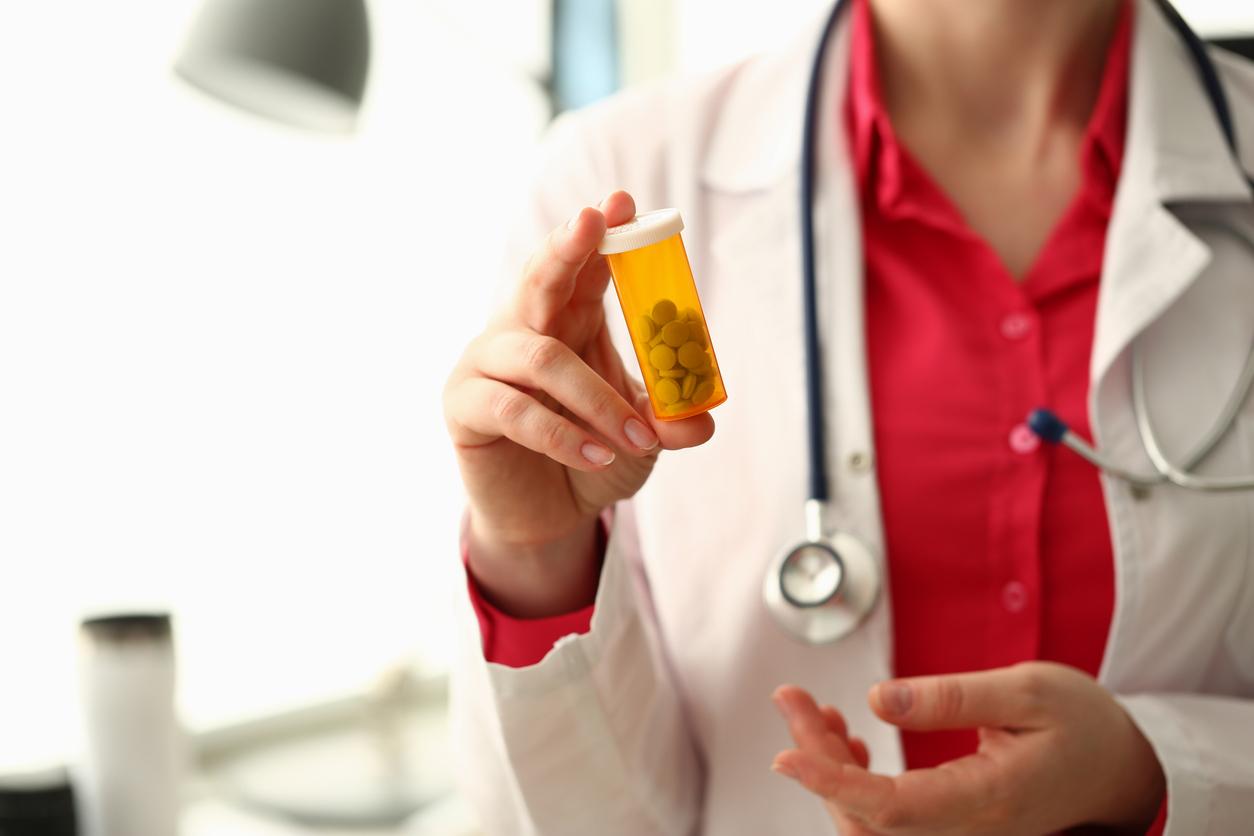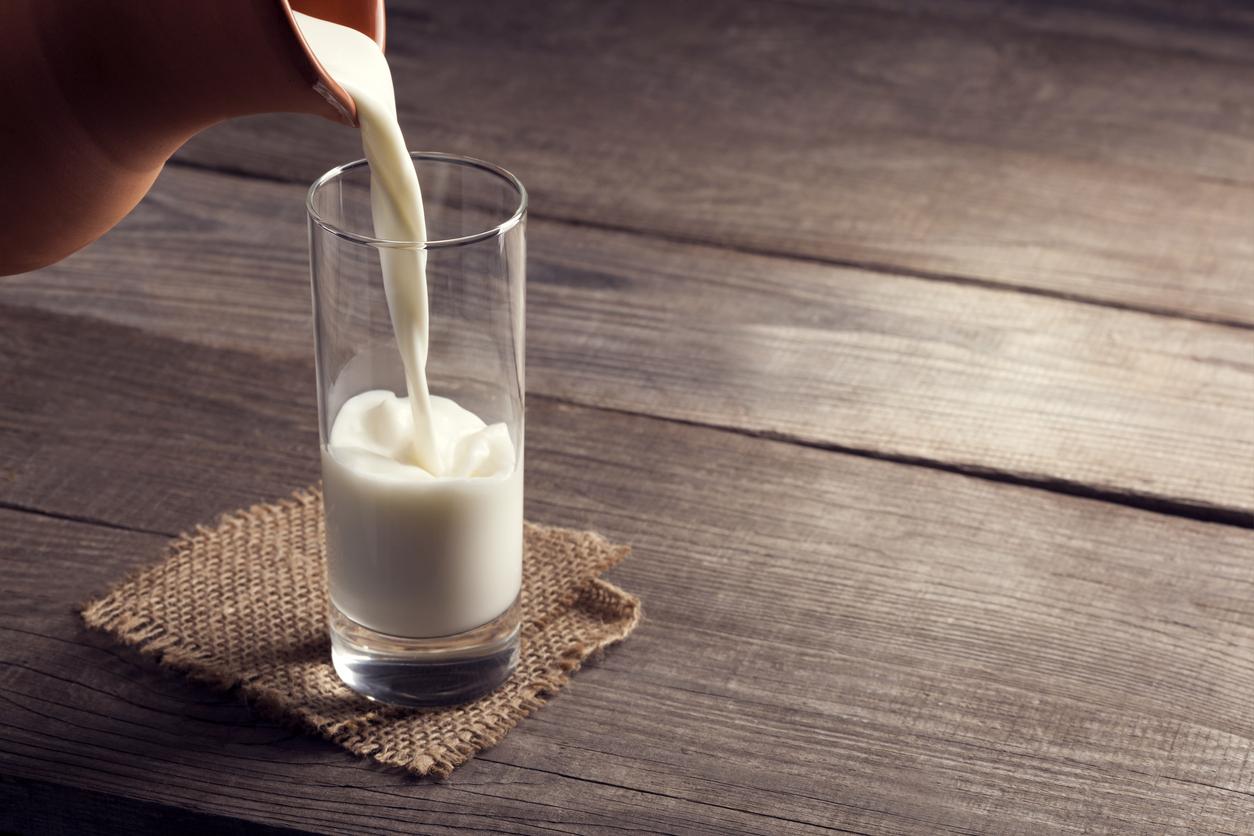August 9, 2006 – In a recently published article, the scientific journal New Scientist questions the efficacy and safety of antioxidants1 in the form of supplements.
The author, a popular science popularizer in England, questions the hypothesis that the antioxidant substances contained in certain foods have beneficial effects on health. Biochemist and immunologist, Lisa Melton even suggests that supplements sold as antioxidants could represent a danger to health.
Without revealing new study results, the author rather provides an overview of selected data and draws conclusions. Asked about this, pharmacist Jean-Yves Dionne considers his conclusions to be hasty to say the least. “The studies she refers to do not represent the entire body of science on the effects of antioxidants,” he says. The data that emerges alone cannot lead to the conclusion that antioxidants are ineffective or dangerous for health. “
Expert in natural health products, Jean-Yves Dionne points out that the popularizer of science only cites studies whose results are negative while neglecting those which have obtained positive results. “His conclusions are therefore, in my opinion, abusive and misleading. We can also wonder about the real objectives of the Novartis Foundation, which employs the author of this article, ”he drops. Lisa Melton indeed works for a charitable foundation funded by Novartis, a multinational pharmaceutical company.
Supplements: yes or no?
The popularity of antioxidants is due to the fact that a number of epidemiological studies have shown that people who ate an abundance of fruits and vegetables, which are rich in them, were less likely to suffer from various diseases attributable to oxidative stress: cardiovascular disorders, diabetes. , senile dementia, certain types of cancer, etc.
This craze for antioxidants has led to a sharp increase in the consumption of supplements rich in vitamins and other natural antioxidant substances: vitamins E and C, beta-carotene, lycopene, polyphenols, grape seed extracts, pine bark , cranberry, blueberry, green tea, etc. This sector of natural health products grew by 18% last year, we learn in the article from New Scientist.
“What is certain,” indicates Jean-Yves Dionne, is that the consumption of foods rich in antioxidants is beneficial for health and that there is no reason to suppose that it would be dangerous to abuse them except, perhaps. , in the case of beta-carotene in smokers who have already suffered from cancer. “
According to him, the scientific community agrees on one thing: it is better to eat well than to take pills to compensate for poor nutritional choices. “Supplements cannot replace good nutrition,” says the pharmacist, “but they can certainly supplement it. “
Pierre Lefrançois – PasseportSanté.net
According to NutraIngredients-USA.com.
1. Melton L. The antioxidant myth: a medical fairy tale, New Scientist, No 2563, England, 2006. [Consulté le 8 août 2006]. www.newscientist.com















